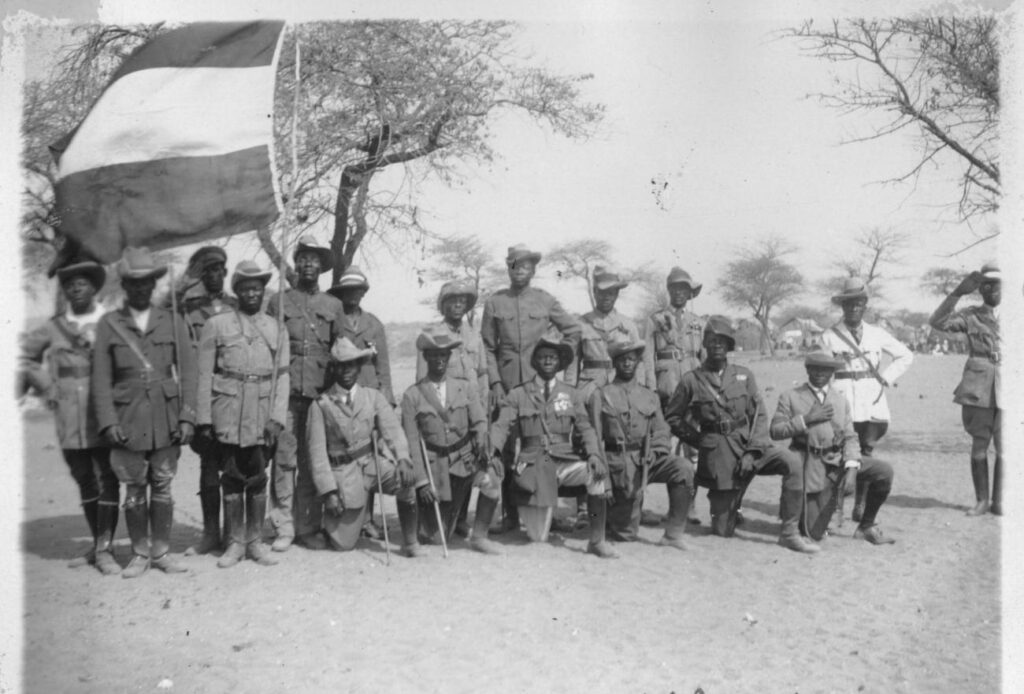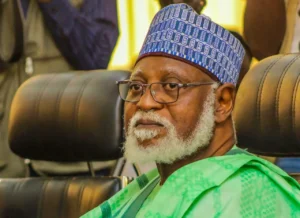NIGERIA: NAVIGATING THE SHADOWS OF COLONIALISM TOWARDS A UNIFIED FUTURE

The complex tapestry of Nigeria’s history is woven with diverse cultures, languages, and powerful kingdoms that existed long before the advent of British colonial rule.
The British colonial strategy, marked by a lack of respect for existing social structures and politics, fundamentally reshaped these tribal dynamics and has had lasting implications that the country grapples with today.
Understanding the colonial legacy is crucial to charting a path forward for a truly independent Nigeria, free from the divide-and-rule tactics that continue to heighten tribal rivalries and social discord.
Before British colonization, Nigeria was home to various kingdoms, including the Hausa-Fulani, Yoruba, and Igbo, each with distinct governance systems, cultures, and identities.
However, British colonial administrators imposed artificial boundaries that consolidated these diverse groups into a single entity: Nigeria. The amalgamation in 1914, driven by economic interests rather than the people’s cultural affiliations, sowed seeds of disunity.
The British favored indirect rule, manipulating local leaders to enforce colonial policies while simultaneously stoking rivalries among ethnic groups. This strategy deeply entrenched tribal divisions, leading to suspicion and competition for resources that persist today.
For instance, the favoritism shown to certain groups over others, particularly in the Northern region, exacerbated inequalities and bred resentment among the Southern populations.
Colonialism bequeathed Nigeria a poisoned chalice: a fragmented society that often prioritizes ethnic and regional identities over national unity. Consequently, political parties and social movements became heavily ethnicized, fostering an environment where tribal loyalty often supersedes national allegiance.
Prevailing Implications of Colonialism
- Political Fragmentation: The Nigerian political landscape remains deeply divided along ethnic lines. Political parties often reflect regional or tribal affiliations, limiting collaboration across the nation. This division contributes to a lack of consensus on policies crucial for national development.
- Economic Disparities: Colonialism prioritized certain regions for resource extraction, creating economic imbalances that endure today. The North, with its focus on agriculture and the South, rich in oil, have developed distinctly different economies, fostering competition for resources that can lead to conflict.
- Social Tension and Violence: Ethnic and religious tensions, exacerbated by colonial policies, have led to violence and conflict. The Biafran War in the late 1960s is a stark reminder of how deeply rooted these divisions are.
- Corruption and Governance Issues: The lack of a coherent national identity fostered a culture of corruption, as leaders often prioritize ethnic loyalty over national interest. This has stymied progress and accountability within governance structures.
For Nigeria to break free from the constraints of its colonial past, a multifaceted resurgence of national unity is critical. Here are potential pathways:
- Federalism and Autonomy: A restructured federal system granting greater autonomy to regions could help balance power and address regional disparities. This approach would empower local governance and allow for culturally relevant administration.
- Ethnic Reconciliation Programs: Initiatives aimed at fostering dialogue and understanding across diverse ethnic groups are essential. Encouraging inter-ethnic collaborations through cultural exchange programs and community projects can promote social cohesion.
- Education and Civic Awareness: Revamping the educational curriculum to include comprehensive lessons on Nigeria’s diverse history and the implications of colonialism can raise awareness and foster a sense of shared destiny among Nigerians.
- Economic Inclusivity: Prioritizing equitable resource distribution and investment in underdeveloped regions can alleviate economic disparities. A focus on infrastructure development and job creation in various regions can enhance national unity.
- National Identity Rebranding: Promoting a strong, inclusive national identity through the arts, sports, and media can help transcend ethnic affiliations. Celebrating Nigeria’s diversity while fostering a sense of belonging to a broader community is vital for nation-building.
The journey towards a truly independent Nigeria requires a conscious effort to dismantle the colonial legacy that has divided and weakened the nation. By addressing the historical grievances and fostering unity through inclusive governance, economic justice, and cultural appreciation, Nigeria can rise above its colonial past.
The call for a stable liberation is more than a dream; it is an urgent necessity for the survival and progress of this richly diverse nation. With concerted effort and commitment from all segments of society, a united Nigeria can emerge, embracing its complexities while forging a path towards a more harmonious future.




